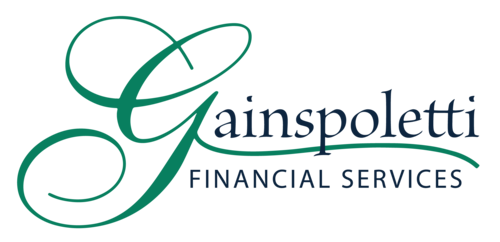As we go through life, we accumulate assets, savings, and investments. These are the results of our hard work, dedication, and perseverance. We want to make sure that these are protected and pass on to our loved ones after we are gone.
Estate Planning can be a crucial aspect in order to do so.
What is Estate Planning?
Estate planning is the process of creating a plan for how your assets will be managed, preserved, and distributed after your death. It involves creating legal documents such as wills, trusts, and powers of attorney. Estate planning is not just for the wealthy, but for anyone who wants to ensure that their loved ones are taken care of and that their assets are distributed according to their wishes.
What are some key elements to Estate Planning?
- Identifying Key Assets & Beneficiaries
One of the key elements of estate planning is identifying your key assets and beneficiaries. This involves taking an inventoyr of your assets, such as your business interests, properties, investments, and personal belongings.
Once you have identified your assets, you can determine who you want to inherit them. (tip: Ensure that your beneficiary designations on life insurance policies, retirement accounts, and other assets are up to date and reflect your current wishes.)
- Tax Planning Strategies
Estate Planning can help minimize your tax liability and ensure that your assets are distributed as efficiently as possible. There are several strategies that could reduce the impact of taxes on one’s estate such as gifting, charitable giving, and establishing a trust.
Gifting is a simple tax planning strategy that involves giving away assets to your beneficiaries while you’re still alive. You can give up to a certain amount each year without incurring gift taxes.
Another tax planning strategy that can help reduce your tax liability is charitable giving. By donating to a charitable organization, you can receive a tax deductions while also supporting a good cause.
Establishing a trust is another strategy to consider. A trust can help minimize estate taxes and protect your assets.
- Minimizing Probate & Estate Administration Costs
Probate is the legal process of distributing a person’s assets after they pass away. Probate can be time-consuming and expensive, and it’s best to avoid it whenever possible.
Establishing a living trust can help diminish the need of probate. A living trust is a legal document that allows you to transfer assets to a trust while you’re still alive. When you pass away, the assets in the trust are distributed to your beneficiaries without having to go through probate.
Another way to minimize probate costs is to ensure that your estate plan is up to date. This will ensure that your wishes are carried out and that your assets are distributed according to your wishes.
Why is Estate Planning important?
Even if you don’t plan on retiring anytime soon, it’s important to have a plan in place and start thinking about these things. You never know when an unexpected illness or accident could strike. An estate plan can ensure that your wishes are carried out even when you’re not around.
One of the benefits of estate planning is that it can help reduce the burden on your loved ones after you pass away. Without a plan in place, your family may have to navigate a complicated and time-consuming legal process to distribute your assets. This can lead to unnecessary stress and conflict among family members. An estate plan can help avoid this by providing clear instructions on how your assets should be distributed.
Another benefit of estate planning is that it allows you to minimize estate taxes. Estate taxes can take a significant portion of your assets and reduce the amount that is left for your loved ones. With proper planning, you can minimize these taxes and ensure that your assets are passed on to your beneficiaries.
Estate Planning is an important process that everyone should consider. It allows you to protect your legacy and ensure that your loved ones are taken care of after you are gone. If you haven’t created an estate plan yet, now is the time to start!
The information has been obtained from sources considered to be reliable, but we do not guarantee that the foregoing materials are accurate or complete. This material is being provided for information purposes only and is not a complete description, nor is it a recommendation. Any opinions are those of Gainspoletti Financial Services and not necessarily those of Raymond James. Investing involves risk and you may incur a profit or loss regardless of strategy selected. Every investor’s situation is unique and you should consider your investment goals, risk tolerance and time horizon before making any investment. Raymond James and its advisors do not offer tax or legal advice. You should discuss these matters with the appropriate professional.

